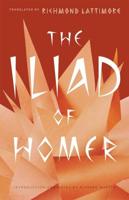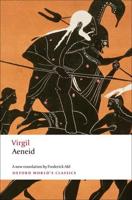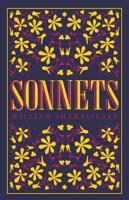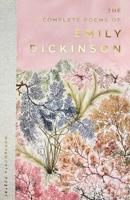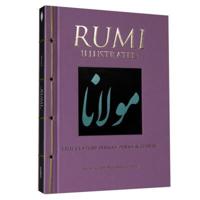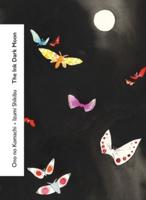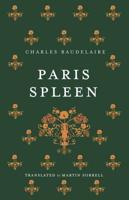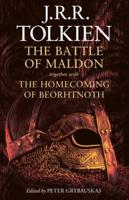Publisher's Synopsis
Un clásico que todos deben leer.
La Ilìada, compuesta en el siglo VIII a.C., narra una leyenda micénica situada en el siglo XIII a.C., una edad heroica dominada por los aspectos militares, el individualismo desenfrenado y la persecución de la riqueza y la gloria. La Ilìada cuenta un episodio de la epopeya de la rica y estratégica ciudad de Troya, o Ilión. Es el poema de la cólera de Aquiles, hijo de mortal y diosa y el más destacado de los combatientes griegos, en su afán de heroicidad y sus ansias de venganza. El poema de una gran guerra que afecta a multitud de seres humanos, vìctimas del enfrentamiento personal de un reducido grupo de héroes en su particular lucha por el poder. El canto del dolor y el sufrimiento, de la caìda de unos valores y de un modo de vida, refinado y aristocrático, que acaba en la muerte o en la esclavitud. Pero es también la exaltación de la belleza de la fascinación por la acción y la consecución de la gloria. Nuestra edición ofrece la ya clásica traducción de Segalá en la última versión corregida por él, y un importante estudio de Javier de Hoz, de la Universidad Complutense, que contextualiza el poema facilitando la comprensión y el disfrute del lector de nuestro tiempo.
ENGLISH DESCRIPTION
A classic that everyone should read.
The Iliad, composed in the eighth century B.C., tells a Mycenaean legend set in the thirteenth century B.C., a heroic age dominated by military aspects, unbridled individualism, and the pursuit of wealth and glory. The Iliad tells of an episode in the epic of the rich and strategic city of Troy, or Ilium. It is the poem of the anger of Achilles, son of mortal and goddess and the most outstanding of the Greek combatants, in his desire for heroism and his desire for revenge. The poem of a great war that affects a multitude of human beings, victims of the personal confrontation of a small group of heroes in their particular struggle for power. The song of pain and suffering, of the fall of values and of a refined and aristocratic way of life, which ends in death or slavery. But it is also the exaltation of beauty, of the fascination with action and the achievement of glory. Our edition offers the now classic translation of Segalá in the latest version corrected by him, and an important study by Javier de Hoz, from the Complutense University, which contextualizes the poem facilitating the understanding and enjoyment of the reader of our time.

